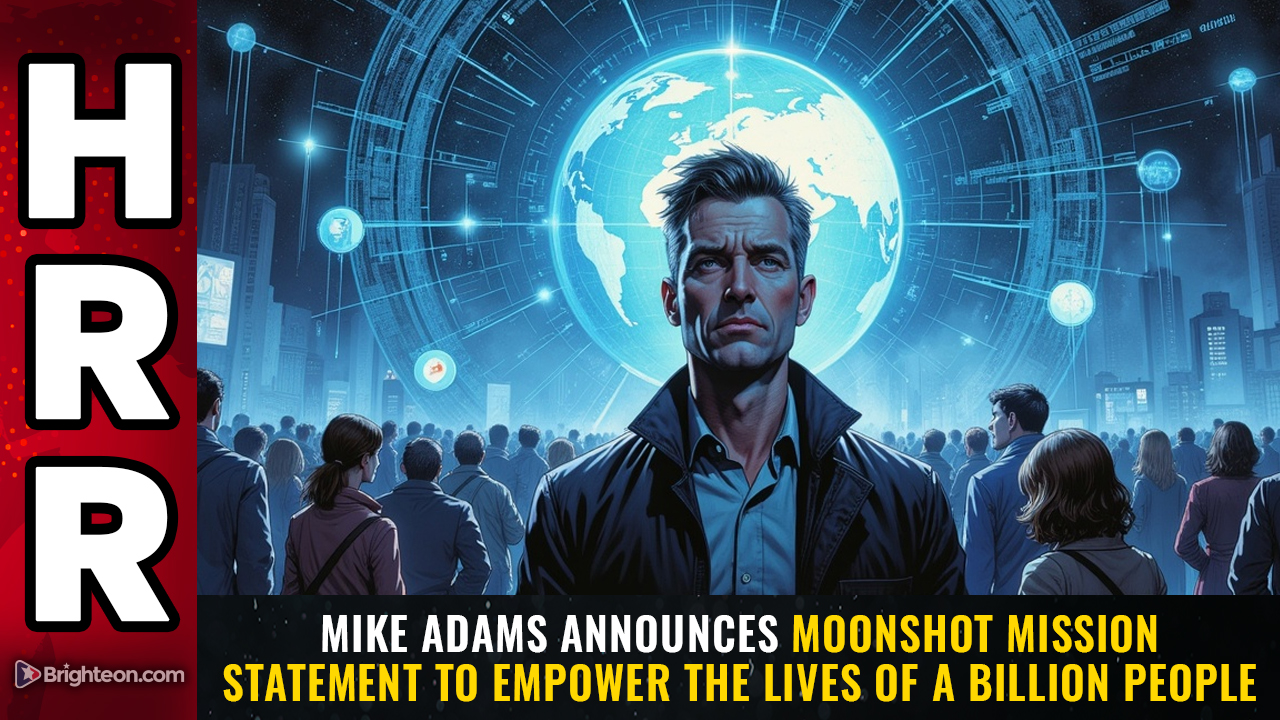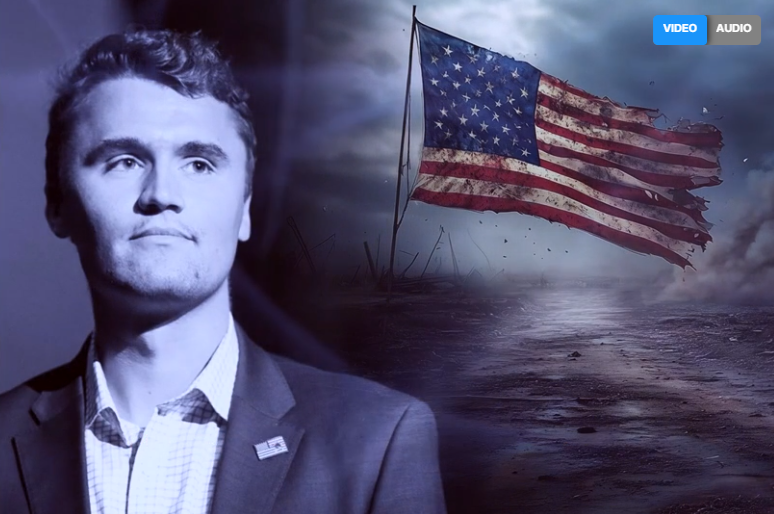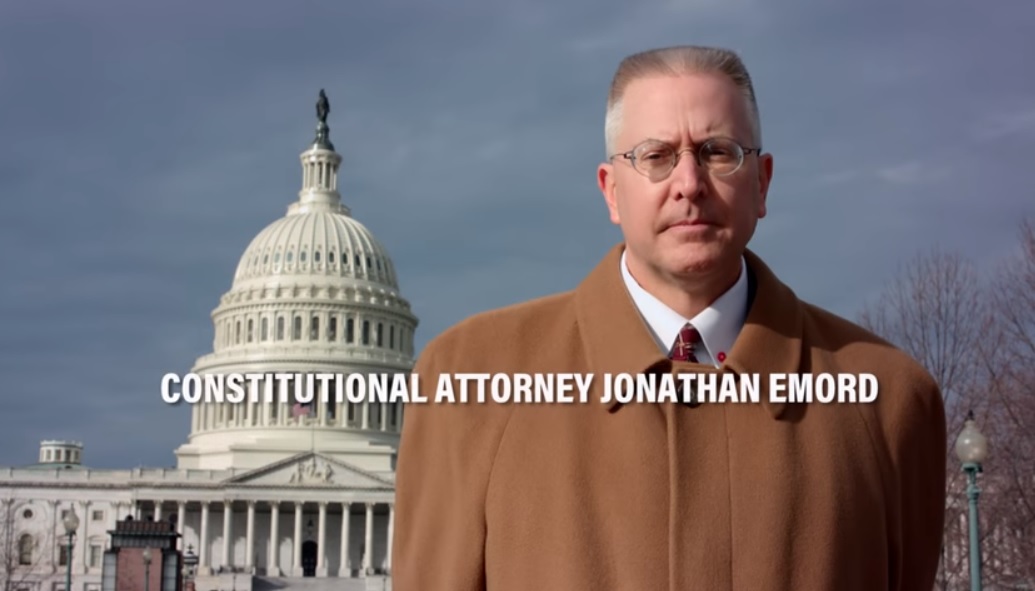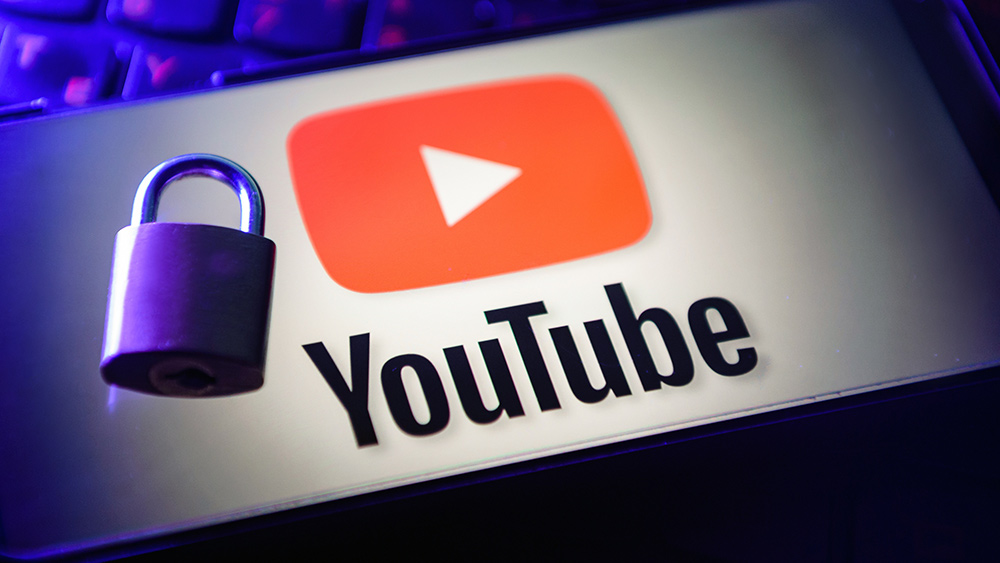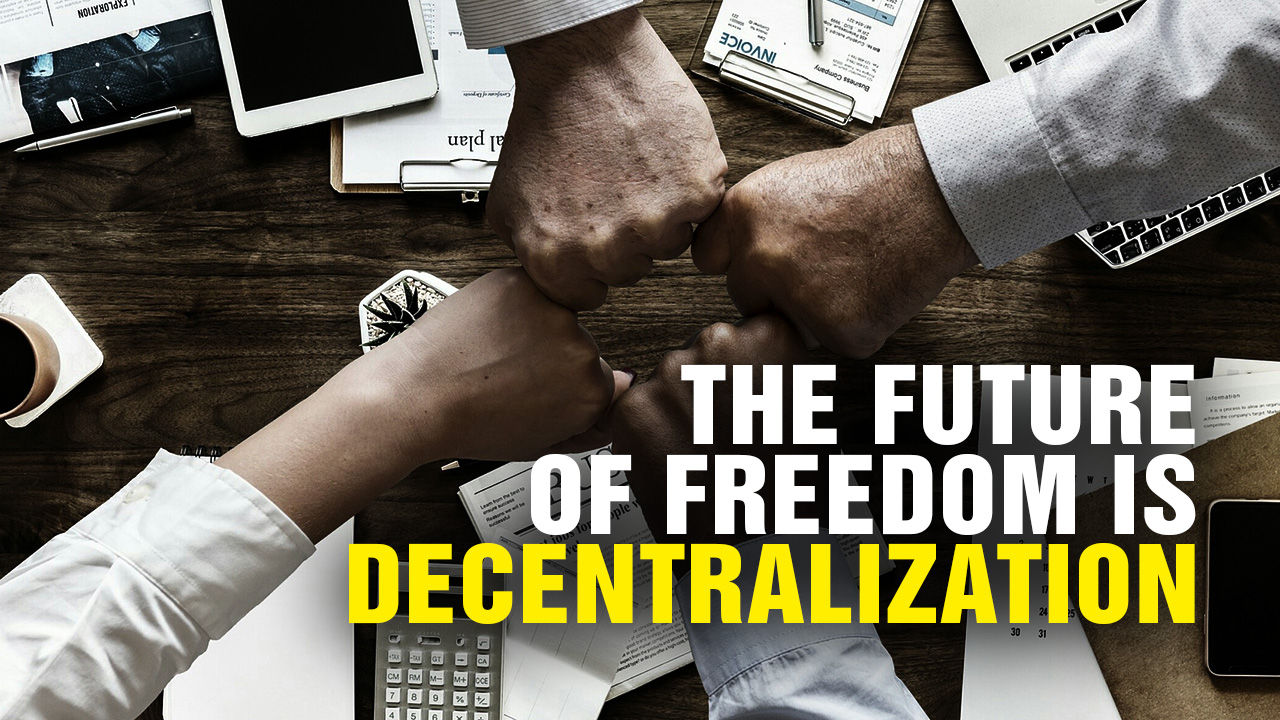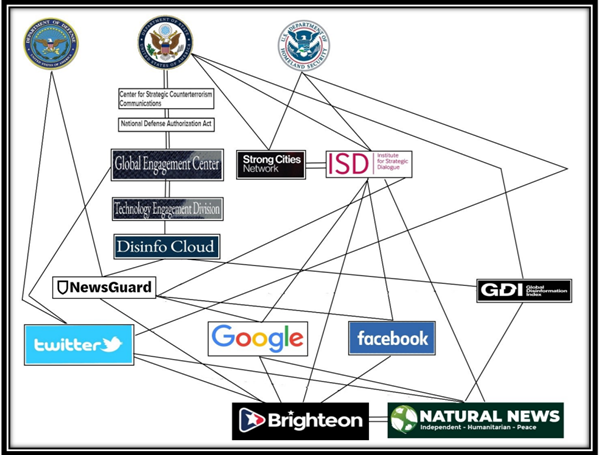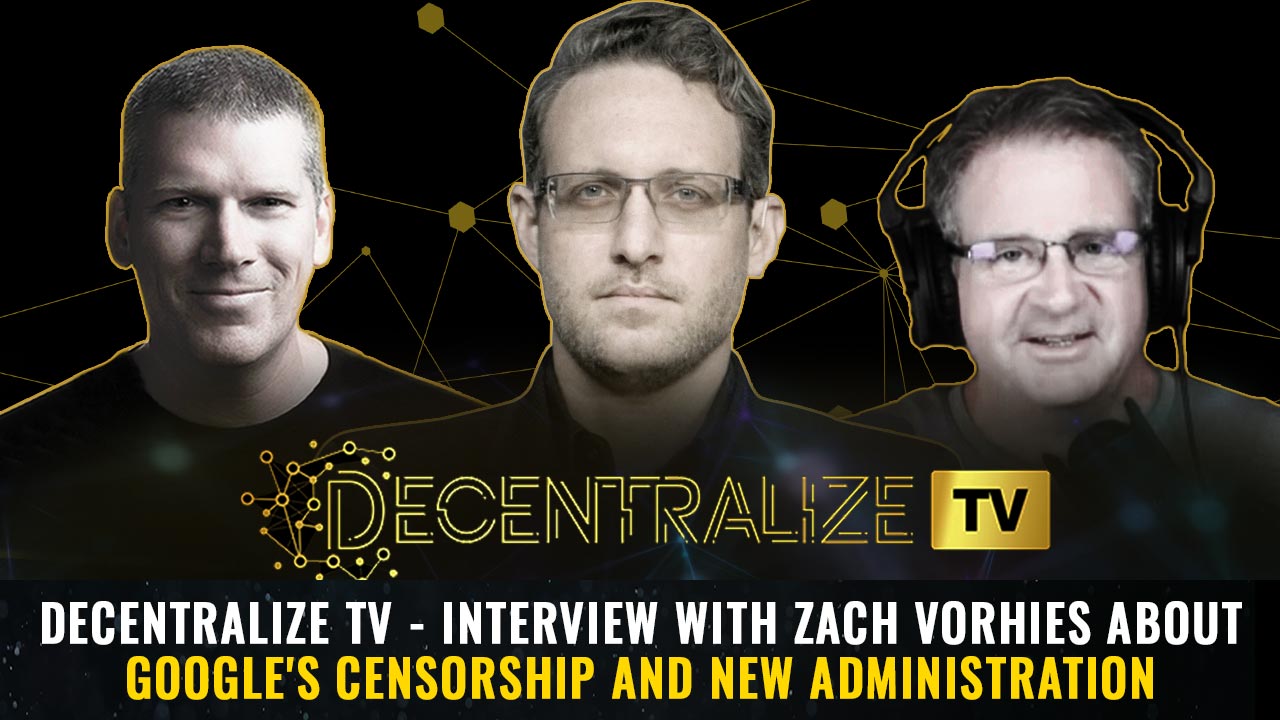YouTube allows banned creators to rejoin platform amid censorship backlash
09/24/2025 / By Willow Tohi
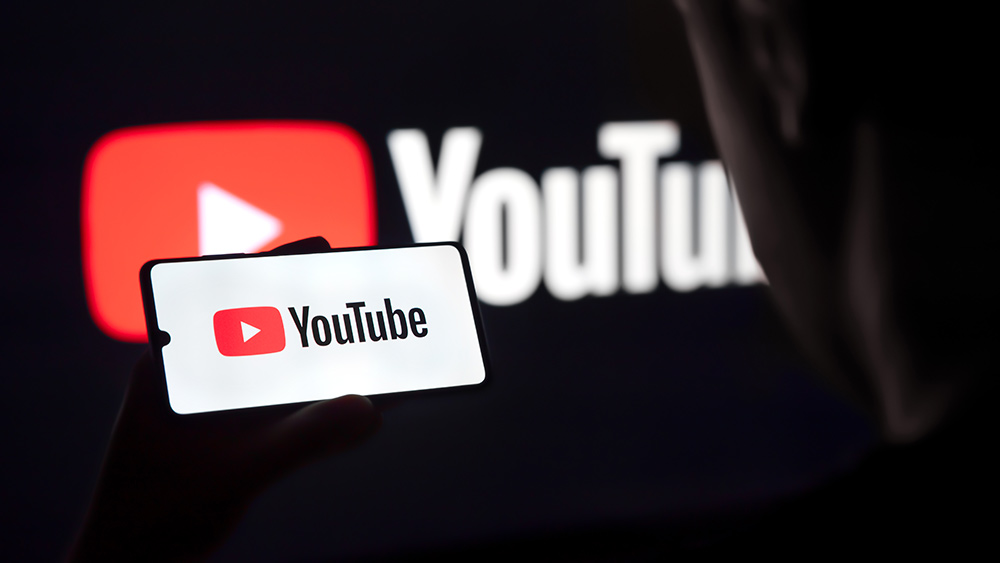
- YouTube allows creators banned for pandemic or election misinformation to rejoin platform after U.S. government pressure scrutiny.
- Alphabet lawyer claims Biden administration improperly forced censors to mute criticism of vaccine policies, calling it “unacceptable.”
- Over 490k U.S. jobs and $55 billion in economic activity flow through YouTube, now rethinking its content moderation approach.
- European Digital Services Act now enters enforcement phase, complicating U.S. platforms’ free-speech interests.
- Key targets of past bans, like Dan Bongino and Steve Bannon, may return to YouTube under new reinstatement program.
In a pivotal shift following congressional scrutiny, YouTube announced Tuesday it will allow creators previously banned over pandemic or election misinformation to reapply for reinstatement. The move, outlined in a legal letter from Alphabet lawyer Daniel Donovan to House Judiciary Chair Jim Jordan, directly names Biden administration overreach as a catalyst for its reversal. Once-permanent bans under now-retired policies will now see YouTube permit formerly terminated creators, including figures like Deputy FBI Director Dan Bongino and former Trump strategist Steve Bannon, to seek renewed standing on the platform. The decision underscores escalating tensions between tech giants, government agencies and free speech advocates.
The free speech battle behind YouTube’s U-turn
Donovan’s letter paints a stark picture of what the company calls “disturbing collusion” between Big Tech and federal policymakers during the pandemic. It details how White House figures pushed YouTube to remove “non-violative content” criticizing vaccines, citing internal documents obtained during congressional investigations. “The Biden Administration’s conduct during the pandemic created a political atmosphere seeking to dictate speech,” Donovan wrote, calling such actions “unacceptable and wrong.”
The letter references the House’s 900-page Judiciary Committee report, which revealed post-2020 government overtures targeting online platforms. Lawsuits like Murthy v. Missouri and disclosures from the Murky “Twitter Files” highlighted a broader “censorship industrial complex” suppressing conservative voices. YouTube’s updated policies now prioritize free expression on topics like election integrity, signaling a retreat from CDC/WHO-aligned guidelines.
Who’s affected: Banned figures and broader repercussions
Among potential beneficiaries of the reinstatement program are conservative voices whose channels were suspended under the now-retired policies. Health advocate Bob Kennedy Jr. and election integrity activist Dan Bongino represent the political stakes at play. YouTube’s letter notes it values “conservative voices” as vital to civic discourse, explicitly naming their content as integral to its platform’s “must-watch” lineup.
The policy shift also addresses EU’s Digital Services Act (DSA), which regulators now enforce. Donovan argued the DSA risks stifling expression abroad, aligning with concerns that global regulations could expand content moderation beyond American constitutional norms. Meta’s 2025 phasing out of fact-checking programs underscores growing skepticism among platforms toward external scrutiny.
Free speech or pander to power? The ongoing debate
Critics warn the reinstatement move masks corporate sensitivity to political pressure. Free speech advocates, however, celebrate it as a pushback against “Orwellian” suppression of debate. The letter cites a Louisiana court’s 2023 ruling comparing government tech demands to a “Ministry of Truth,” though this was later overturned by the Supreme Court.
YouTube’s pilot program retains safeguards, restricting reinstatements to creators violating deprecated policies whom the company deems eligible. While emphasizing restored freedoms, platforms will still police violent speech, hate speech and cleared misinformation. Over time, how rigorously these lines are drawn may define future free expression battles.
A new era of digital expression?
As YouTube begins rolling out reinstatement in the coming weeks, its decision marks a critical juncture. “This is catharsis,” one free speech group declared to InfoWars, “[a] reckoning with the authoritarianism of censorship that forgot its check.” Yet debates over platform neutrality and liability rage on. With the DSA now in force and U.S. policymakers divided, the fight over who governs speech online remains unresolved.
Could YouTube’s pivot spark a tech industry-wide rethink? The free speech war has no end in sight.
Sources for this article include:
Submit a correction >>
Tagged Under:
alphabet, bias, Biden, big government, Big Tech, Censorship, evil Google, First Amendment, free press, free speech, Glitch, Google, progress, speech police, tech giants, technocrats, thought police, YouTube
This article may contain statements that reflect the opinion of the author
RECENT NEWS & ARTICLES
COPYRIGHT © 2017 YOUTUBECENSORSHIP.COM
All content posted on this site is protected under Free Speech. YouTubeCensorship.com is not responsible for content written by contributing authors. The information on this site is provided for educational and entertainment purposes only. It is not intended as a substitute for professional advice of any kind. YouTubeCensorship.com assumes no responsibility for the use or misuse of this material. All trademarks, registered trademarks and service marks mentioned on this site are the property of their respective owners.


